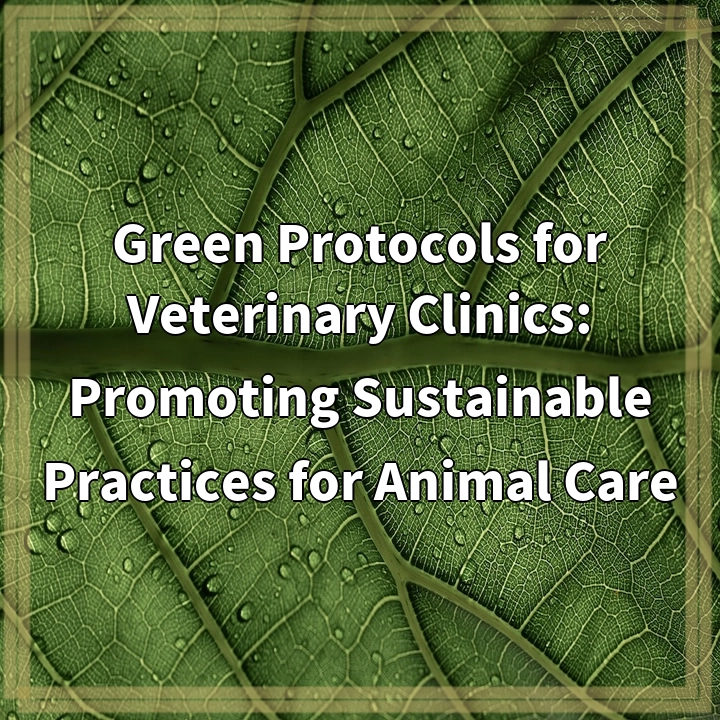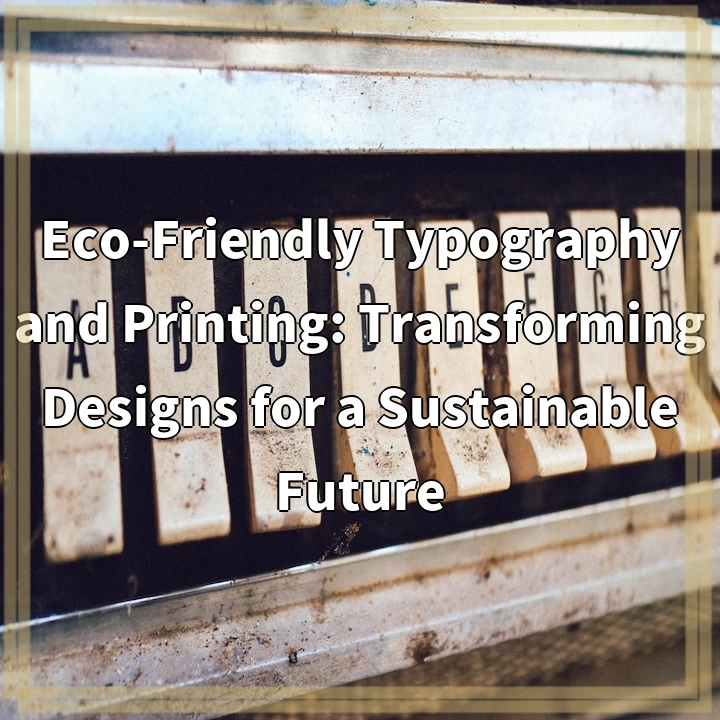
What it is:
Veterinary clinics play a crucial role in providing healthcare to animals, but their operations can have a significant environmental impact. Green protocols for veterinary clinics aim to promote sustainable practices in animal care while minimizing their ecological footprint. These protocols involve implementing environmentally friendly measures, reducing waste, and optimizing energy and water consumption within the clinic’s daily operations.
Real-world problems:
Despite the important services they provide, veterinary clinics face several environmental challenges:
1. Energy consumption:
Veterinary clinics tend to have high energy usage due to the need for lighting, medical equipment, heating, and cooling. The excessive energy consumption contributes to greenhouse gas emissions and adds to the clinic’s operating costs. Finding ways to reduce energy consumption is crucial for sustainability.
2. Waste management:
Managing waste properly is a significant challenge for veterinary clinics. The disposal of medical waste, such as needles, medications, and contaminated materials, requires careful handling to prevent environmental contamination. Additionally, paper waste from administrative tasks like record-keeping and billing can also add up. Implementing efficient waste segregation, recycling programs, and promoting digital record-keeping can significantly reduce the environmental impact.
3. Water usage:
Water conservation is often overlooked in veterinary clinics, but it plays a vital role in sustainability efforts. Large volumes of water are used for cleaning cages, surgical equipment, and other veterinary procedures. Finding ways to optimize water usage through efficient equipment, leak detection, and water recycling can help minimize water waste.
4. Chemical usage:
Veterinary clinics often rely on various chemicals, including cleaning agents, pesticides, and pharmaceuticals. Improper disposal or excessive use of these chemicals can lead to contamination of soil and water sources. Implementing green alternatives, proper storage, handling, and disposal of chemicals can help mitigate these environmental impacts.
5. Education and awareness:
One of the challenges faced by veterinary clinics is the lack of awareness and education regarding sustainable practices within the industry. Many clinics may be unaware of the potential environmental impacts of their operations or may lack knowledge about sustainable alternatives. Creating awareness and providing resources and guidelines can help clinics adopt and implement green protocols effectively.

Solutions:
Implementing green protocols for veterinary clinics can address the environmental challenges they face. Here are some solutions to promote sustainable practices in animal care:
1. Energy efficiency:
By adopting energy-efficient equipment and practices, veterinary clinics can significantly reduce their energy consumption. This can include using LED lighting, optimizing HVAC systems, and implementing energy-saving protocols. Conducting energy audits and setting energy reduction targets can help clinics monitor and improve their energy efficiency.
2. Waste reduction and management:
Veterinary clinics can implement waste reduction strategies by promoting recycling and using eco-friendly materials when possible. Proper segregation and disposal of medical waste, along with digital record-keeping and billing systems, can minimize paper waste. Education and training programs for staff on waste management practices can also be beneficial.
3. Water conservation:
To conserve water, veterinary clinics can install water-efficient fixtures and equipment. This can include low-flow faucets, water-saving cleaning equipment, and using water-recycling systems for certain procedures when appropriate. Educating staff on responsible water usage and regular maintenance to fix leaks can also contribute to water conservation efforts.
4. Green alternatives:
Veterinary clinics can explore and adopt green alternatives to chemicals commonly used in their operations. This can include eco-friendly cleaning agents, pesticides, and pharmaceuticals. Proper storage, handling, and disposal of chemicals are also essential to prevent contamination and minimize environmental impacts.
5. Education and awareness:
Promoting education and awareness among veterinary clinic staff and clients is crucial for sustainable practices. Providing resources, training programs, and guidelines on green protocols can help clinics understand the environmental impacts of their operations and implement sustainable solutions. Engaging in community outreach and collaborations with other organizations can also raise awareness and inspire positive change.















